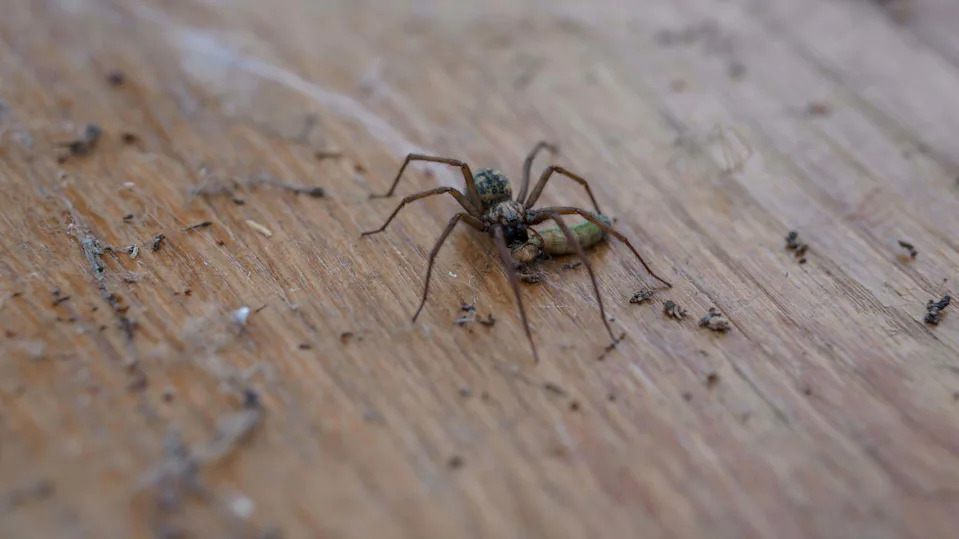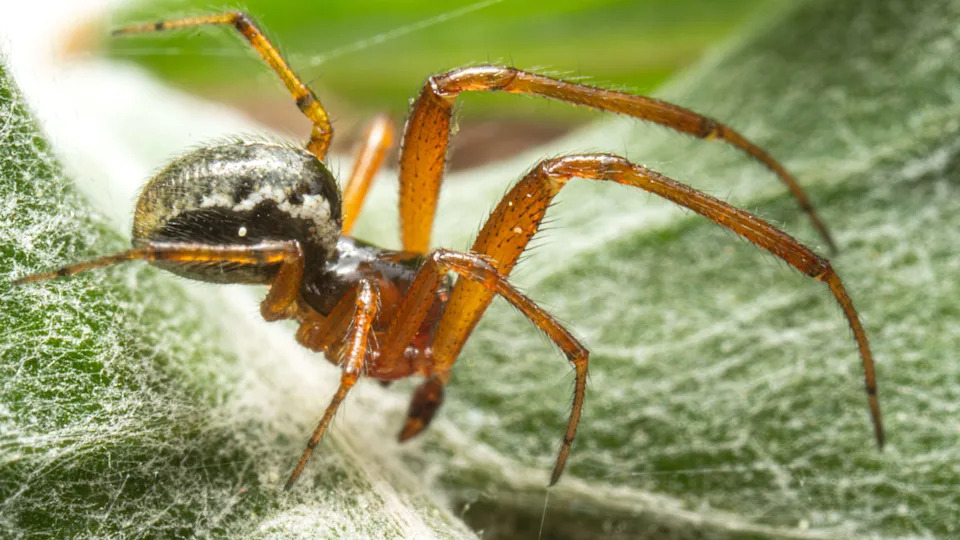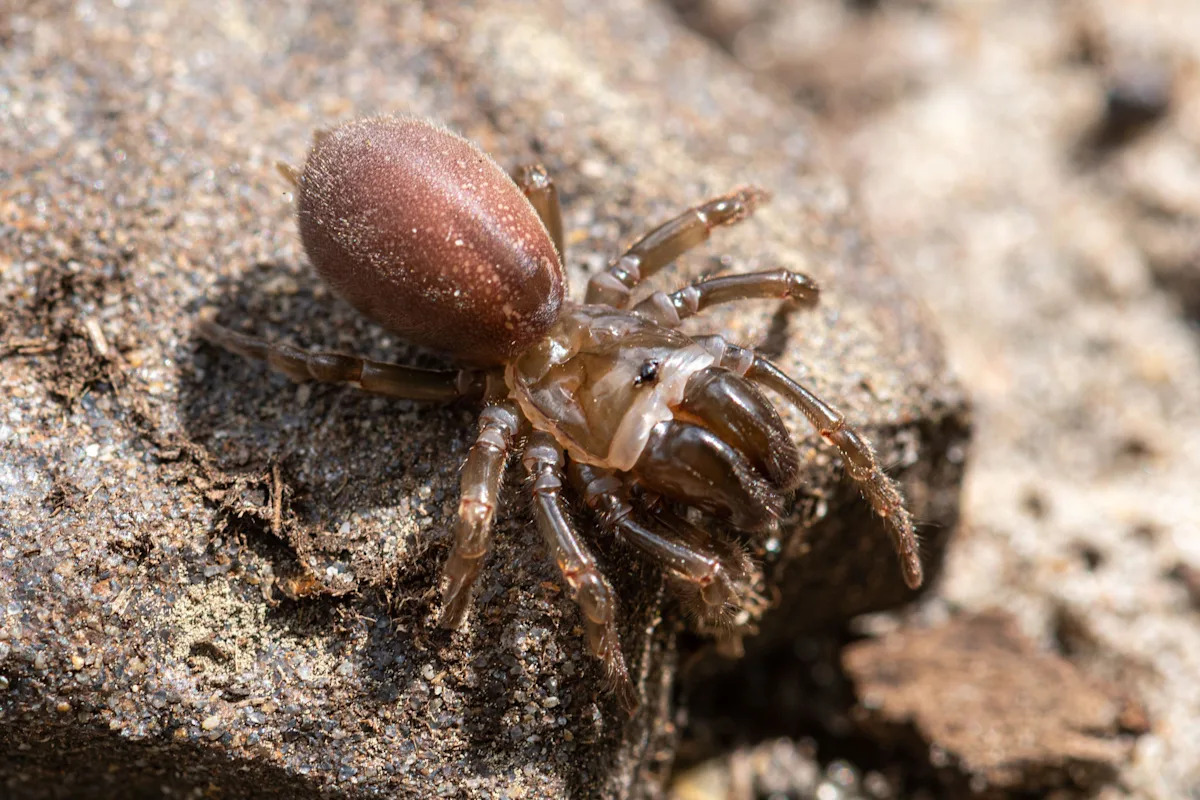Spider season is upon us earlier than usual, with a variety of arachnids turning to people’s homes for shelter as the weather gets cooler and wetter.
You might have noticed more spiders crawling around your home around this time of year, as male spiders are out of their webs and on the lookout for a dry place to mate as the weather gets wetter.
“Despite the name, house spiders actually prefer to live in sheds, garages and under shrubs in the garden,” the Royal Meteorological Society says.
“But as the seasons change, house spiders spend more time indoors and our cosy, warm homes are just too inviting. Thankfully other species of spider are happy to remain outside all year.”
While arachnophobes might feel more on edge this time of year, thankfully, very few varieties of spiders in the UK can cause harm to people.
When is spider season?
The term “spider season” is a loose one, as there are over 650 species of spiders in the UK, most of which are small and not easily seen, and are active all year, the British Arachnological Society tells Yahoo News.
Some spiders like some linpyhiids, for example, only mature and breed in the winter.
“But in the autumn, we see more house spiders and garden cross spiders, as this is their active season and they are easily seen in and around our homes.”
“The house spiders will mostly be males, which roam around looking for the more hidden females and they often get lost or fall into our bathtubs.

House spiders usually prefer to live in sheds, garages and under shrubs in the garden, but are enticed by the warmth of people’s homes as the seasons change. (Alamy)
“They can be carefully removed and relocated outside and will be fine, I’d always recommend learning something about them as this can make us understand them better and be less wary.”
Professor Adam Hart, ecologist and Professor of Science Communication at the University of Gloucestershire, said: “This year it seems to have started about mid-August, which is quite early.
“But it typically runs from the end of the summer holidays through into mid-to-late October.”
Are there any venomous spiders?
While the vast majority of spiders in the UK are venomous, very few of them “can do us any harm”, says Prof Hart.
He says that according to the Natural History Museum, there are 12 species of spider that have been known to bite people, only two or three of which “can be problematic”.
“The so-called house spiders that are the main spiders of ‘spider season’ can bite but bites are extremely uncommon.
“Like most spiders, they are not aggressive. Even if you were unlucky enough to get bitten it is unlikely that the bite would develop into anything serious, although some spider species have venoms that might cause localised swelling or itching.”

The noble false widow spider (Steatoda nobilis), the only species that can cause serious medical harm to people in the UK. (Alamy)
Buglife – The Invertebrate Conservation Trust, told Yahoo News that only Uloboridae and a handful of other expectations are not venomous.
“But in the UK, only one established species has medical significance – Steatoda nobilis,” the charity says, referring to a spider more commonly known as the noble false widow.
“However, no recorded fatalities and most bites produce only minimal symptoms according to the known literature. There are no ‘deadly’ spiders native to the UK.”
British Arachnological Society adds some people may have allergic reactions to spider bites in the UK, like a bee sting, but says they “do not readily bite and will only do so if they feel threatened”.
Why are spiders so important?
According to Buglife, here are some of the main ways spiders contribute to our ecosystem and daily life:
-
Eat mosquitos/flies that plague humans
-
Are an important part of the ecosystem, keeping pests in check
-
Spider silk is being used in research on antifungals and materials science
-
Venom of exotic spiders is being investigated for potential therapeutic drug discovery
“Spiders are fantastic predators and are absolutely vital to ecosystems,” Prof Hart adds, explaining that “without them, we’d see far more crop damage and insect-borne issues”.
“Beyond that, spiders are also a food source for birds, amphibians, and other wildlife, so they play a crucial role in food webs”.
Read more
